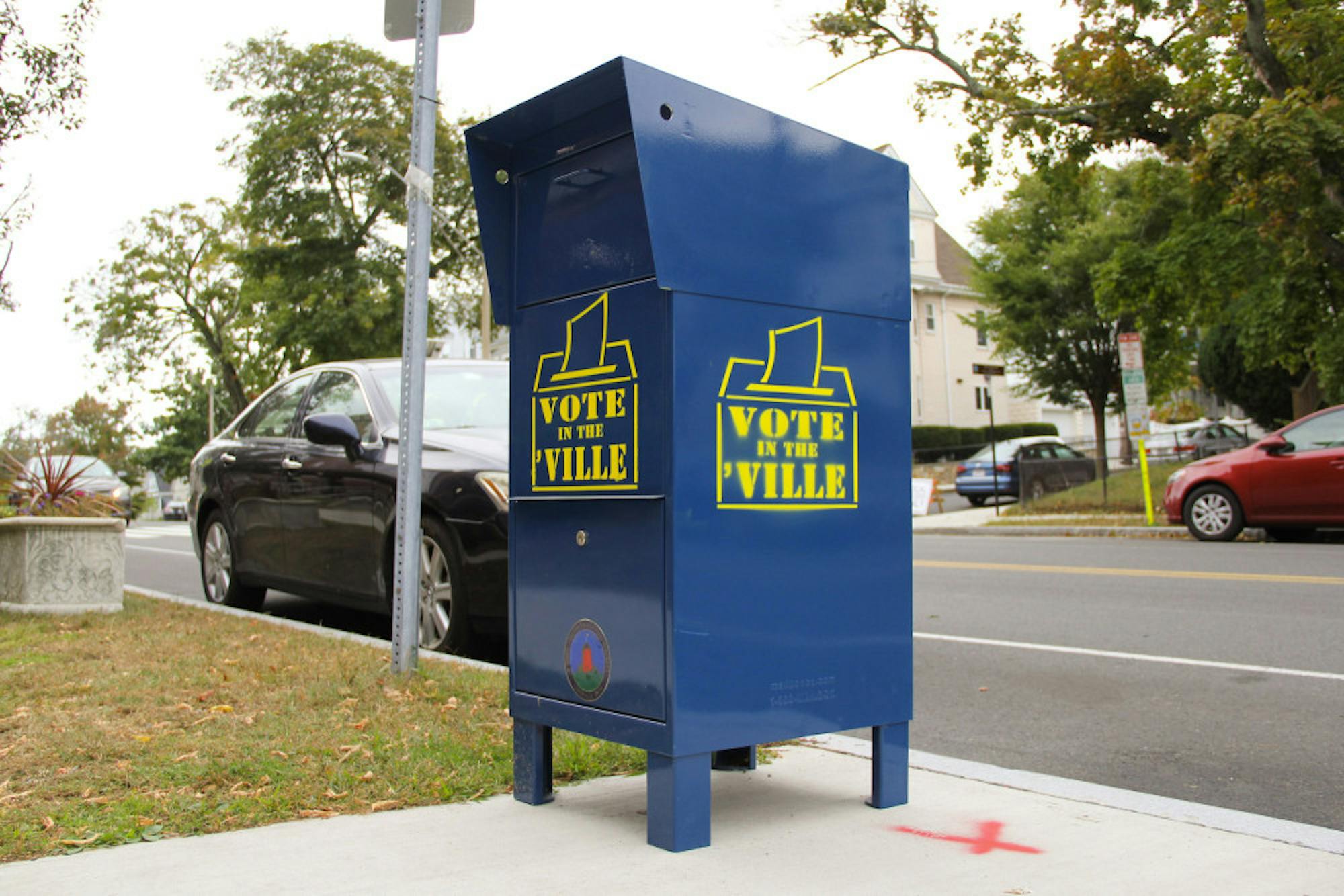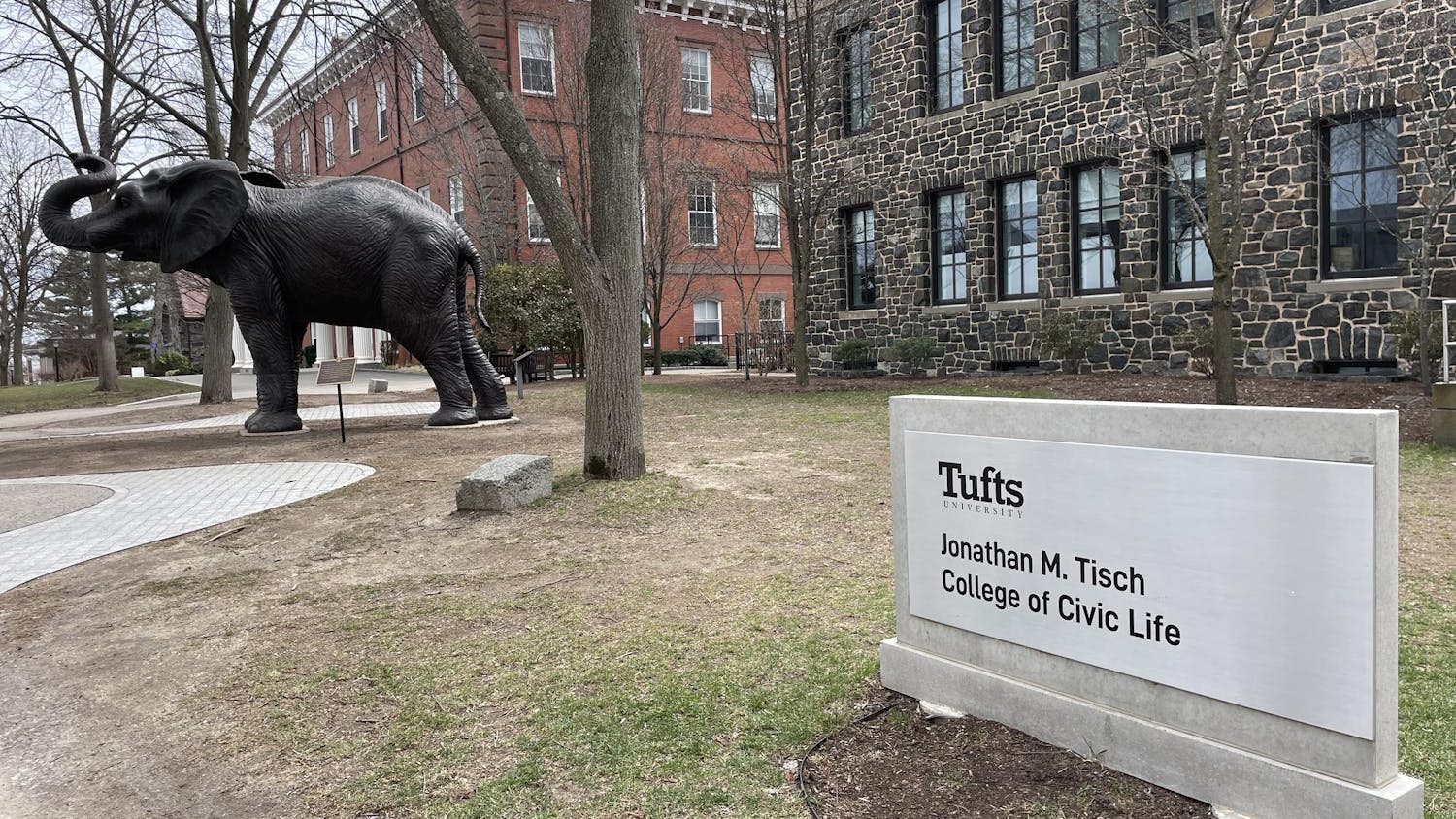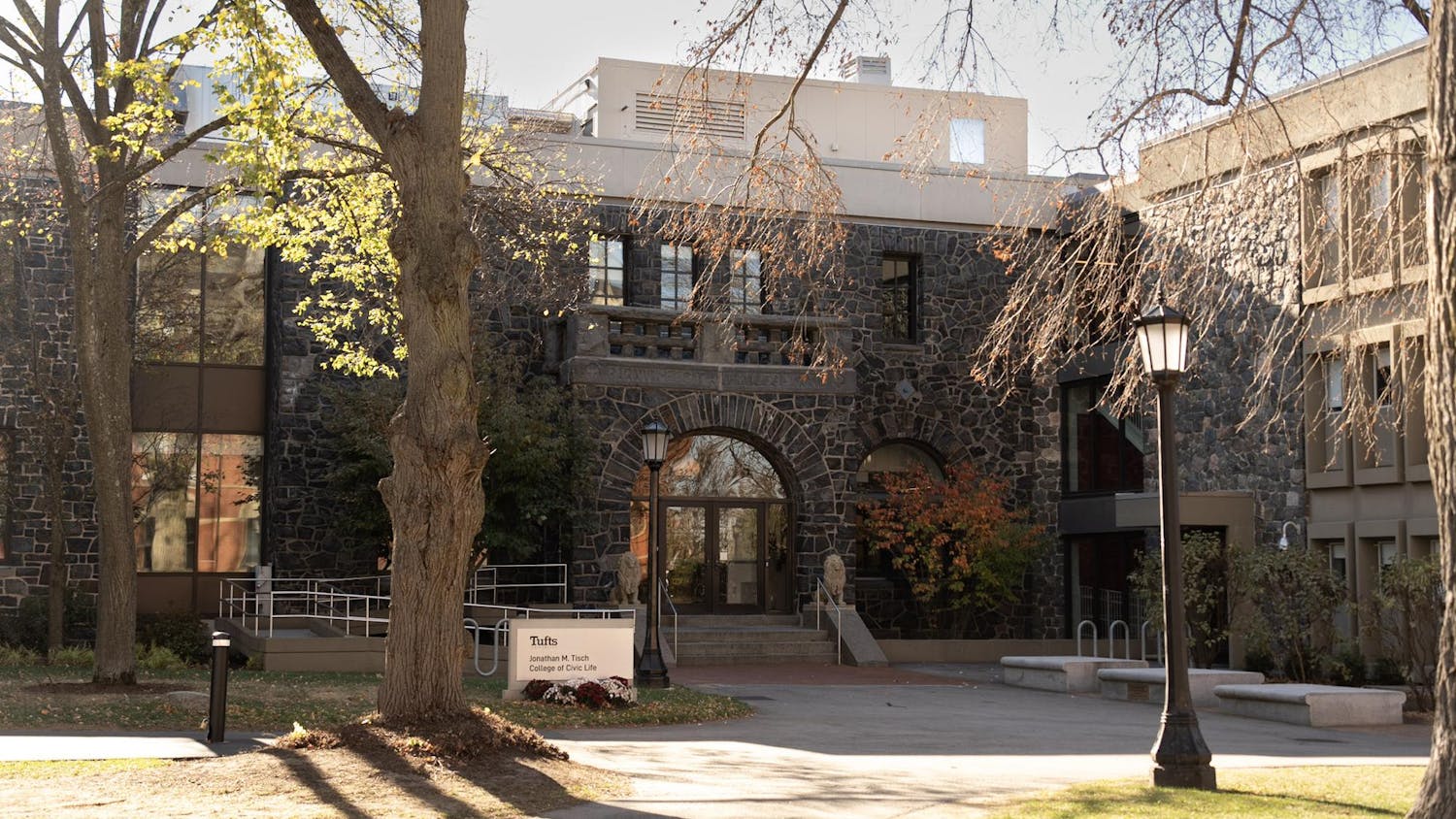The Somerville School Committee has unanimously endorsed voting “Yes” on Question 1, a ballot initiative proposing the Fair Share Amendment. If passed, the Fair Share Amendment would apply to Massachusetts residents whose annual household income is above $1 million. The so-called “millionaire’s tax” would impose an additional 4% income tax on income above $1 million.
Raise Up Massachusetts, an organization that pushes for higher wages and expanded social services for the working class, proposed the Fair Share Amendment to the Massachusetts state legislature. The amendment was subsequently approved and added as a ballot question for Massachusetts voters in the upcoming midterm elections.
“For years, the highest-income households in Massachusetts – those in the top 1 percent – have paid a smaller share of their income in state and local taxes than any other income group,” Raise Up Massachusetts states on their website.
According to the Tisch College’s Center for State Policy Analysis, the millionaire’s tax would affect about 0.6% of Massachussetts households. The cSPA predicts the tax would raise about $1.3 billion in 2023. All money raised by the tax would be reserved specifically for public education and the maintenance of roads, bridges and public transportation.
“The Fair Share Amendment would finally move MA towards a more fair tax structure where the very richest top 0.6% pay a 9% rate on all of their income over $1 million per year to fund public education and transportation,” Medford City Councilor Zac Bears wrote in an email to the Daily
In contrast, Eitan Hersh, an associate professor of political science at Tufts, voiced doubts that the state would be able to spend the money in an effective manner.
“Many people see the problems in transit and education as not problems that money can easily solve,” Hersh wrote in an email to the Daily.
Somerville City Councilor Ben Ewen-Campen said that the millionaire’s tax would help reduce inequality in Massachusetts.
“Passing this amendment would be the crowning achievement of decades of progressive activism in Massachusetts,” Ewen-Campen wrote in an email to the Daily. “Our state is a wealthy one, and we do very well by wealthy residents - the problem is inequality, and the gap between the government serves the rich versus everyone else. The way to fix this is to tax the very wealthy in order to lift up the 99%, and this amendment does just that.”
Bears believes that voting “Yes” on Question 1 would have a positive impact on both local and state finances.
“Cities and towns need more funding for public schools, transit, and road repairs, and the YES on 1 Fair Share Amendment is the fairest way possible to raise those funds,” Bears wrote.
Bears, Ewen-Campen and Somerville City Councilor Matthew McLaughlin view the amendment as critical to ensuring that necessary local initiatives are well-funded and public transportation is efficient and safe.
“I support the Fair Share Amendment because Massachusetts needs revenue to repair our crumbling infrastructure and fund quality public education,” McLaughlin wrote in an email to the Daily.
To McLaughlin, who represents the neighborhood of East Somerville, poor infrastructure is extremely personal to him and his community.
“In the last few months, we had an Orange Line train catch on fire, which caused residents to leap from the train, risking their lives,” he wrote. “The entire Orange Line was shut down for almost a month because of decades of neglect. I believe Question 1 will provide a much needed stream of revenue to address this longstanding problem.”
Ewen-Campen wrote that the City of Somerville “would directly benefit from desperately needed additional revenue for public transit, safe street initiatives, and our public schools.”
Bears agreed with this sentiment.
“The Fair Share Amendment is likely to have a highly positive impact on state aid that helps support Medford’s city budget,” he wrote.
Ewen-Campen called for voters to vote “Yes” on Question 1.
“Corporate interests are pouring money into aggressive disinformation campaigns to attack the Fair Share Amendment, so it is critical that we turn out to vote Yes on 1,” he wrote.
Despite support from progressives, there is opposition to the amendment. Hersh explained the arguments against the proposed tax.
“As the law is written, it might have unintended consequences and affect more people than the targeted group,” Hersh wrote. “We’re losing population and business to states like Texas and Florida. If the tax burden is too high on the wealthy, the concern is that we’ll lose out in economic competitiveness to other states. That will have downstream consequences for everyone.”






